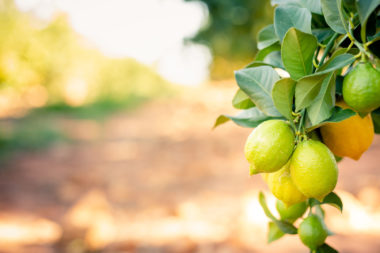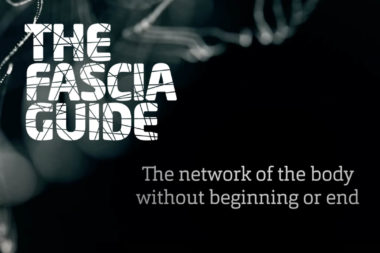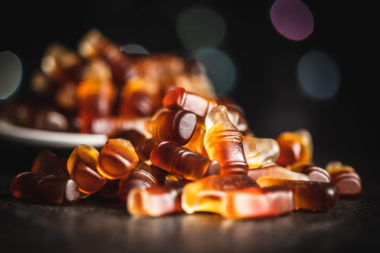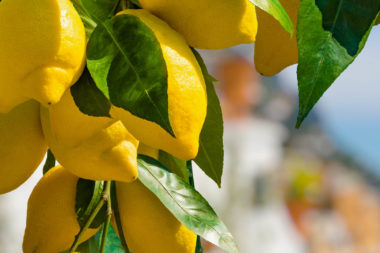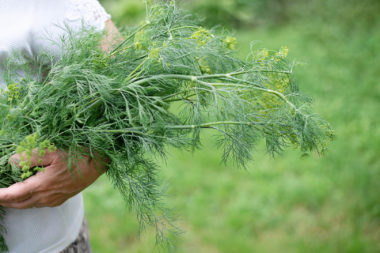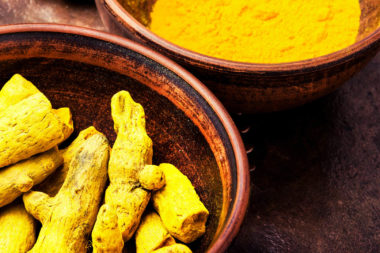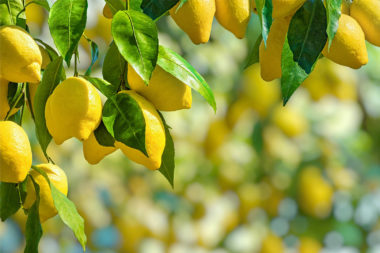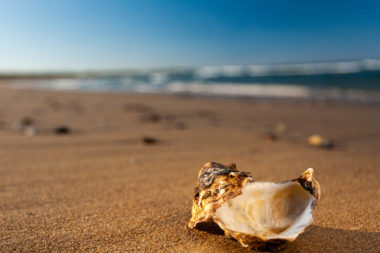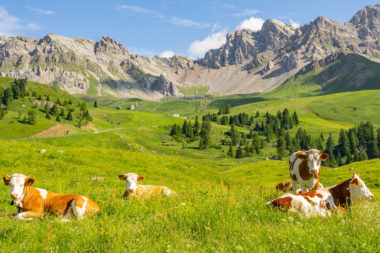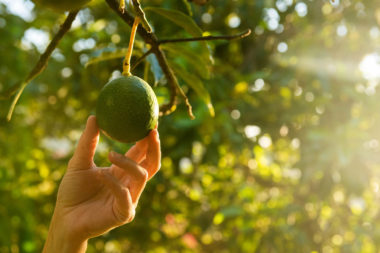
The building blocks, collagen as a supplement
Collagen is our body’s most common protein and builds up all connective tissue as fascia, bone tissue, cartilage, blood vessels, lymph vessels, eyes, skin, nails, etc., etc. There are several different types of collagen, type I, II and III are the most common in our body. Collagen type I is the most common and is found in bones, tendons, ligaments and all types of fascia. It forms strong fibers and is the main component of a tendon.
All kind of proteins, such as collagen, muscle proteins, milk proteins are made up of different amino acids. Some of these we can produce ourselves while others we have to add with our food every day, so-called essential amino acids. If any of these essential amino acids are missing, the specific protein cannot be formed, there are missing components. It is therefore important that we get the right amino acids in order to be able to form a specific protein. Different proteins have different amino acid qualities, it is usually called, protein quality. For example, milk proteins contain completely different amino acids than collagen. Collagen compared to muscle proteins also has completely different amino acid composition. The different collagen types I, II and III have quite similar amino acid composition. Type III differs slightly, but the most important (the rarest) occur in all types. It is actually fiber structure and formation that distinguish them.
What does that mean then? Well, it does not work to eat dairy products or meat to produce collagen, because then there will be a lack of important amino acids needed to build collagen! To build collagen, we must eat collagen, or gelatin (which is made from collagen). Gelatin is included in many food products, especially sweets and pastries, as it is used as a “glue” and texture enhancer. So, we probably get a lot of gelatin without thinking about it, if we eat this unhealthy stuff. However, if you want to eat completely vegetarian, it can be a problem, possibly the protein in chickpeas, beans, soy, etc., can add some of the amino acids (lysin) needed for the formation of collagen, but if you train hard or have injuries, it maybe not be enough. Collagen is an animal protein, and collagen is not found in the plant kingdom. However, certain amino acids found in collagen can be found in certain plants so that the body can form its collagen from those amino acids.
In the past, when we eat all of the parts from the animal, and boiled your own broth from bones and tendons, you got collagen that way. Today, most people eat well-trimmed meat, we cut away all the tender pieces and fascia. Most people do not cook the more tender pieces with bones and make their own broth. Unfortunately, our food intake today is quite depleted of many nutrients! Therefore, it can be a good idea to eat collagen supplements daily, at least if you exercise, play sports or have injuries that need healing!
New research shows that 15 g per day of hydrolyzed gelatin or hydrolyzed collagen has a positive effect. You get the important amino acids with hydrolyzed collagen type I. The cells produce the right type of collagen depending on the mechanical force the tissue is exposed to. So, if you compress a joint and joint cartilage the cells produce collagen II and if you stretch a tendon the cells produce collagen typ I. You eat the amino acids, the building blocks, and your body does the work.
Then remember to always add vitamin C together with collagen, but vitamin C should be taken many times a day, but the collagen is enough once or two times a day, preferably in connection to exercise, 30 – 60 minutes before exercise. Vitamin C is needed to build a strong collagen, see article on vitamin C.


